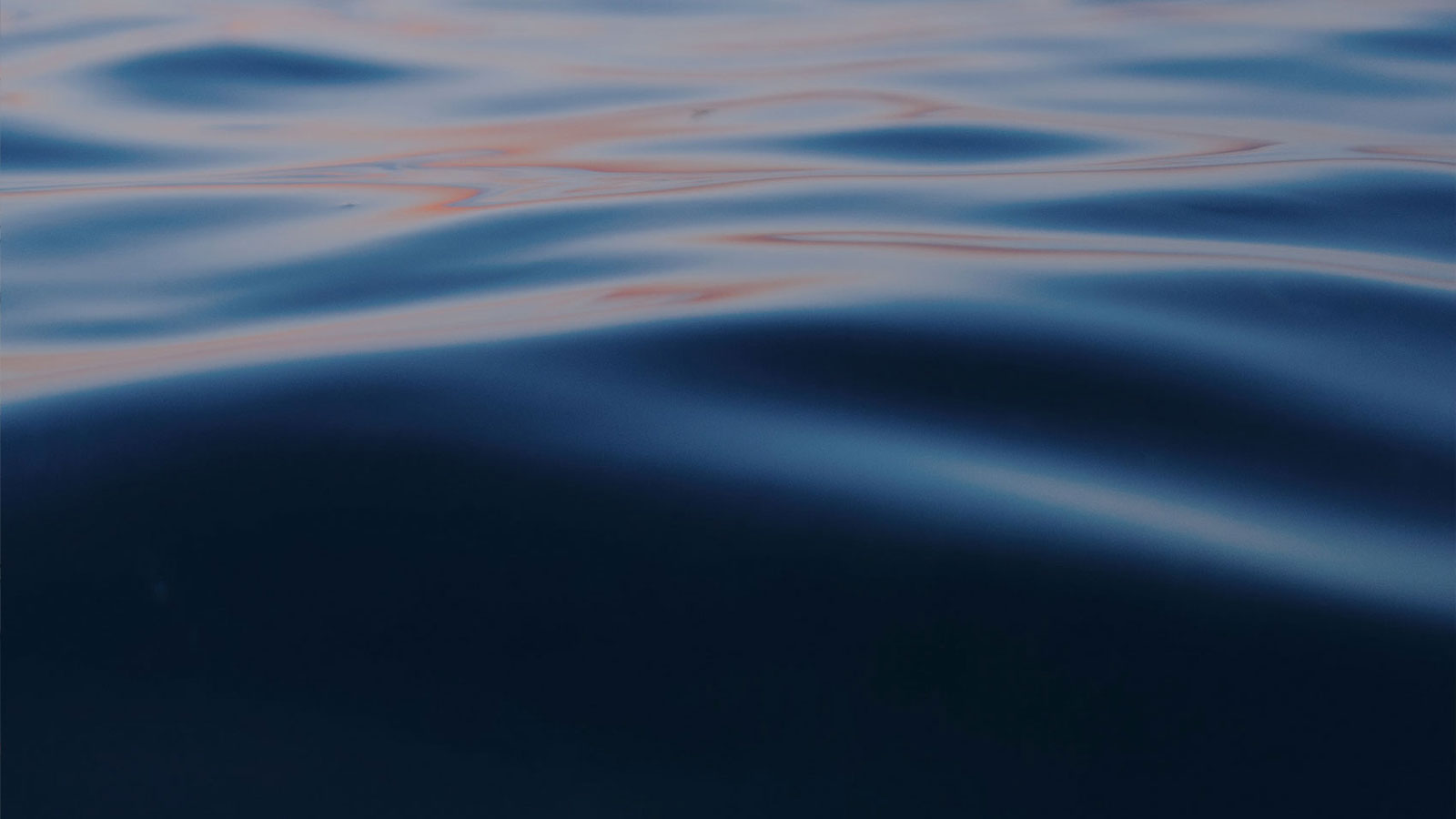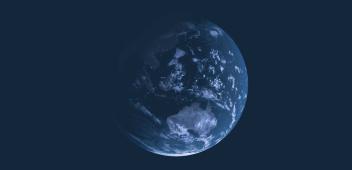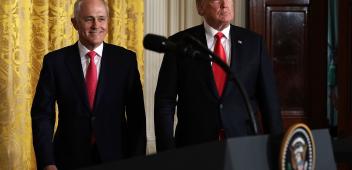Lowy Poll: China’s still a worry, but Russia more so
Originally published in The Australian.

While fear of the Covid-19 pandemic has subsided for many Australians this year, the threat of Russia, China and military conflict in our region looms large.
The 2022 Lowy Institute Poll, released on Wednesday, finds that Australians are feeling unsafe and shaken by the brutal invasion of Ukraine by its nuclear-armed neighbour Russia.
As Anthony Albanese heads to Europe, almost all Australians – a remarkable 92 per cent – are very or somewhat concerned about Russia’s invasion of Ukraine. The number of Australians who trust Russia to act responsibly or have confidence in President Vladimir Putin to do the right thing are in the single digits.
Most Australians also support a strong response to Russia’s overreach. Nine in 10 Australians support strict sanctions on Russia, and the same number would welcome Ukrainian refugees to Australia. Australians do not see the war in Ukraine as a crisis far from home. Rather, 68 per cent say Russia’s foreign policy poses a critical threat to Australia’s vital interests, a dramatic 36-point jump since 2017. This marks Russia displacing cyber, climate and Covid-19 as the top threat for Australians.
The war in Ukraine is a powerful reminder that unprovoked conflict between states is not simply a part of history. This year, Russia may have displaced China as the country Australians trust the least, but 87 per cent of Australians worry about Russia-China co-operation.
Trust in China remains at historic lows, with 12 per cent saying they trust China to act responsibly in the world, a figure that has declined alongside the Australia-China relationship by 40 points in four years.
While Australia and China had their first ministerial meeting in years at the recent Shangri-La Dialogue, Chinese Defence Minister Wei Genghe also reminded the audience during his address that when it came to Taiwan, “we will fight at all costs and we will fight to the very end. This is the only choice for China.”
Australians are well aware of the potential for conflict in the region. Threat perceptions are on the rise, with 64 per cent saying “a military conflict between the United States and China over Taiwan” poses a critical threat to Australia’s interests, up 29 points from 2020.
It is not just conflict in the region causing concern: three-quarters say China will pose a military threat to Australia in the next 20 years, an increase of 29 points since 2018.
The Australian response is to muscle up, albeit reluctantly. Most (51 per cent) want to increase defence spending, a 20-point bump from 2020, and seven in 10 Australians support the plan under AUKUS to acquire nuclear-powered submarines.
For the first time in the Lowy Institute Poll, most Australians (51 per cent) say the Australian Defence Force should be involved if China invades Taiwan and the US comes to its defence. However, half the country (51 per cent) also would rather remain neutral if there were a military conflict between the great powers.
Australians also worry about China’s influence closer to home. Nine in 10 Australians (88 per cent) are concerned by reports of a potential Chinese military base in the Pacific.
The vast majority – 83 per cent – are in favour of providing aid to Pacific Island nations to prevent China from increasing its influence in the region. There is also support (75 per cent) for providing aid to the Pacific to take action on climate change.
While Russia and China may be the top threats for Australians this year, high levels of concern about climate change continue in the Australian public. More than six in 10 see climate change as a critical threat to Australia’s interests, and most want a more ambitious 2030 target, Australia to host a UN climate conference and the introduction of an emissions trading scheme or carbon tax.
Anxiety over the foreign policies of Russia and China have focused the public imagination on our system of government. Australian preference for democracy has reached a record high this year, and 55 per cent of Australians see the rise of authoritarianism as a critical threat to our interests. But fear has not made Australians turn inward. Most Australians continue to see globalisation and free trade as in our interests. These attitudes have been remarkably resilient to the pandemic, as well as to protectionist trends in like-minded countries.
The years of Fortress Australia may have reminded Australia that we are globalists at heart. Today, 68 per cent of Australians say “Australia’s openness to people from all over the world is essential to who we are as a nation”, a 15-point increase since 2018. A shrinking minority (31 per cent) say “if Australia is too open to people from all over the world, we risk losing our identity as a nation”, down 10 points in the same period.
Australia’s re-entry to the world after closed borders has not been easy. The world kept turning and has become more intimidating. It is a testament to our identity that Australians remain confident our place is in it.



